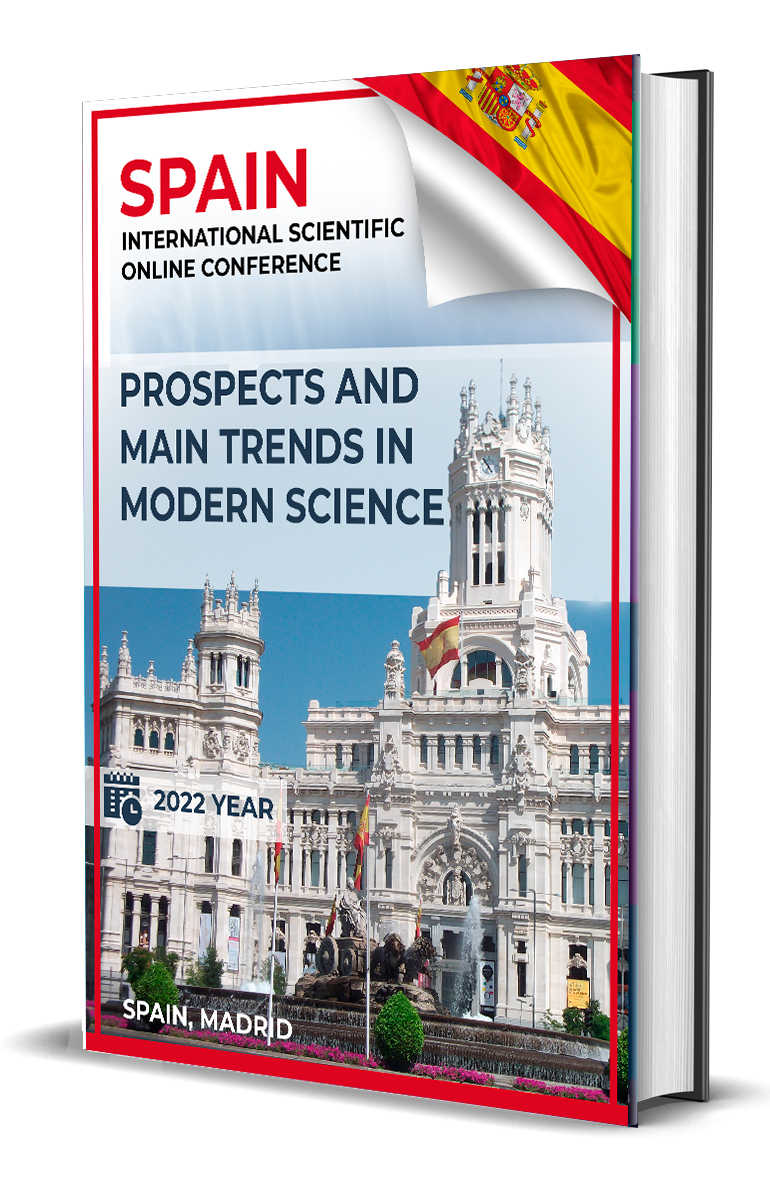CORPUS-BASED TRANSLATION STUDIES: WHERE DOES IT COMES FROM? WHERE IS IT GOING?
- Authors
-
-
Bozorova Vasila Ilhom qizi
Teacher at Uzbekistan state World Languages UniversityAuthor
-
- Keywords:
- corpara, corpus linguistics, mechanism, new collaboration, corpus-based translation
- Abstract
-
Baker was the first to propose using corpora to study translation and interpretation (1993). At the time, it was thought that translation theory would designate the fields of inquiry and develop operational hypotheses, while corpus linguistics would provide the mechanism for conducting empirical investigations in this new collaboration. The two partners would collaborate primarily for the purpose of advancing the discipline's descriptive branch. Since then, the collaboration has developed into a robust entity with an own denomination—corpusbased translation studies, or CTS. Its research encompasses a wide range of languages and study fields, from descriptive to applied studies. There have been previous discussions on the state of the art in corpus-based translation research (Laviosa 2002a). This essay (re)examines the relationship between corpus linguistics and CTS, as well as between CTS and descriptive translation studies (DTS), in light of current advancements. The goal is to determine which of the earlier assertions and forecasts are still valid and which areas of long-term CTS research show the greatest promise.
- References
-
Aluisio, S. M., G. M. Pinheiro, M. Finger, M. Das Gragas, V. Nunes and S. E. O. Tagnin. 2003. The Brazilian Portuguese Corpus Lacio-Web: Overview and issues in corpuscreation. In Proceedings of the Corpus Linguistics 2003 UCREL, Technical Papers,ed. D. Archer, P. Rayson, A. Wilson and T. McEnery, 16 (1):14-21.
Aubert, F. H. and S. E. O. Tagnin. 2003. A corpus of sworn translations for linguistic and historical research. In Proceedings of the Corpus Linguistics 2003 UCREL,Technical Papers, ed. D. Archer, P. Rayson, A. Wilson and T McEnery, 16(1):54-61.
Baker, M. 1993. Corpus linguistics and translation studies: Implications and applications.In Text and technology: In honour of John Sinclair, ed. M. Baker, G. Francis and E.Tognini-Bonelli, 233-250, Amsterdam: John Benjamins.
Baker, M.1995. Corpora in translation studies: An overview and some suggestions for future research. Target 7 (2):223-243.
Baker.M. 1996a. Corpus-based translation studies: The challenges that lie ahead. In Terminology, LSP and translation: Studies in language engineering in honour of Juan C. Sager, ed. H. Somers, 175-186, Amsterdam: John Benjamins.
Baker.M. 1996b. Linguistics and cultural studies: Complementary or competing paradigms in translation studies? In Übersetzungswissenschaft im Umbruch: Festschrift fur Wolfram Wilss, ed. A. Lauer, H. Gerzymisch-Arbogast, J. Haller and E. Steiner, 9-19, Tübingen: Gunther Narr.
Baker.M. 1998. Réexplorer la Langue de la Traduction: Une Approche par Corpus. Meta 43(4):480-485. (Special issue. The corpus-based approach ed. S. Laviosa.)
Baker.M. 1999. The role of corpora in investigating the linguistic behaviour of professional translators. International Journal of Corpus Linguistics 4 (2):281-298.
Baker.M. 2000. Towards a methodology for investigating the style of a literary translator. Target12 (2):241-266.
Baker.M. 2002. Corpus-based studies within the larger context of translation studies, Genesis:Revista cientifica do ISAI 2:7-16.
Bassnett, S. 2001. The translation turn in cultural studies. In Athanor XII (4):151-164. (Special issue: Lo Stesso Altro, ed. S. Petrilli.)
Bassnett, S. and A. Lefevere. 1998. Constructing cultures. Essays on literary translation. Clevedon: Multilingual Matters
- Downloads
- Published
- 2024-06-29
- Section
- Articles

